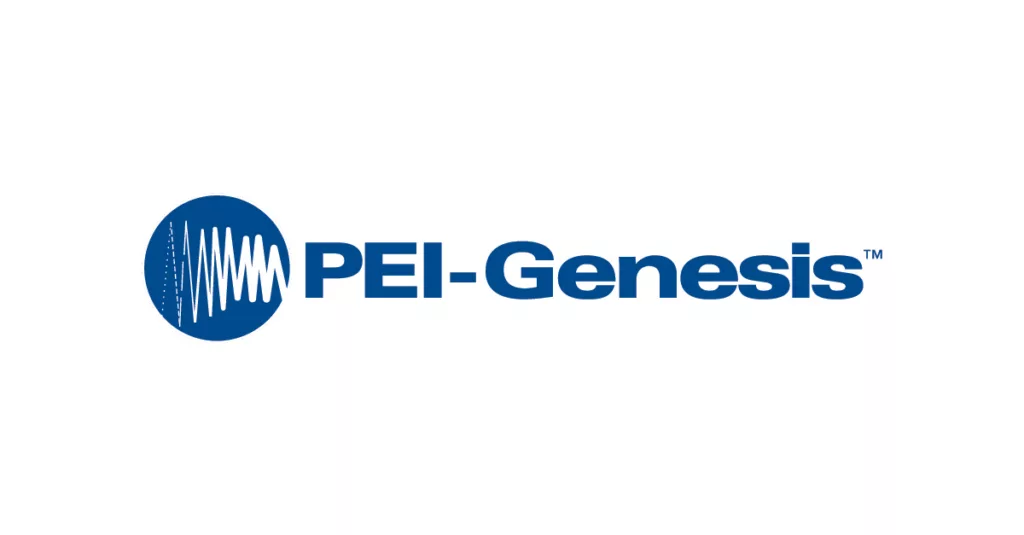Like everyone, manufacturers globally face challenges caused by global issues such as coronavirus, Brexit and the war in Ukraine. However, despite the troubling times, manufacturers can protect themselves and provide certainty for customers by focussing on the things that are in their control, instead of worrying about geopolitical issues beyond their control. Here, Jonathan Parry, Senior Vice President & MD Europe for electrical connector specialist PEI-Genesis, discusses three steps businesses can take to give customers stability in uncertain times.
The war in Ukraine has caused fuel prices to surge, forcing an increase in freight costs for all modes of transportation. It has also disrupted the rail transport route connecting China and Europe, which had already become competitive due to the rise in consumer demand during the COVID-19 pandemic.
Shipping costs between China and the UK increased by over 350 per cent in the past few years, according to China-Britain Business Council. Although global shipping prices have started to stabilise, data provided by Freightos indicates that transpacific and transatlantic rates are still 180 and 240 per cent higher, respectively, than early December 2019.
In the US, labour disputes, rail backlogs, and rising diesel prices are all causing supply chain problems.
These are all issues businesses have no control over. However, there are steps and strategies that can help to mitigate these and build a secure operational platform to provide stability for customers.
Localisation
The dependence on a global supply chain has increased the time it takes for many companies to service their customers, forcing them to localise. By bringing their manufacturing process closer to consumers, businesses can ensure a continuity of service and speedy supply, regardless of future global challenges.
The Just in Case strategy
In the past, many businesses relied on the just-in-time (JIT) strategy. This inventory management strategy allows manufacturers to align materials orders from suppliers with their production schedules, increasing efficiency and minimising inventory costs.
This strategy works well when supply chains are reliable. However, when circumstances force manufacturing to shut down, and when markets then reopen there is always a jump in demand. This, coupled with the other issues mentioned previously, means that JIT no longer works for many companies.
To help ensure a continuity of service for customers, manufacturers can invest in holding more stock, also known as the just-in-case (JIC) strategy. Although this is typically used when companies cannot accurately forecast demand, it can also serve as a cushion in the event of supply disruptions.
By ensuring the availability of products, businesses can avoid permanently losing customers and suppliers. They can also prevent a supply chain collapse.
Reconnect with customers
In the case of the pandemic, businesses were not able to meet and connect with their customers or suppliers like they used to. With restrictions now lifted, it is a great opportunity for companies to reconnect with their customers by investing in their field sales coverage.
This is especially important for companies who operate in regions that contain different languages and cultures, as having localised sales teams can provide a tailored service based on the needs of the customers in these regions.
PEI-Genesis is taking these steps and more to provide stability for its customers globally. It has invested in mitigating the effects of global issues. These investments are centred around its three pillars: speed, inventory, and being a trusted advisor to its customers.
To provide speed and keep its 48-hour promise to its customers, it has opened an additional manufacturing facility in Philadelphia, USA, alleviating the pressure on its existing South Bend facility. It has also opened a facility in Zhuhai, China, because customs clearance meant it took over ten days to ship products from its other sites in the Asia-Pacific (APAC) region.
PEI-Genesis has also invested in its inventory. This offers unrivalled availability for customers as it can offer the widest range of part numbers and selections.
Finally, the company is returning to one of the things it was famous for before the pandemic, being a trusted advisor. This means having experts on the street in each market to drive customer relations.
To find out more about PEI-Genesis’ range of custom engineered cable and connection solutions, visit

